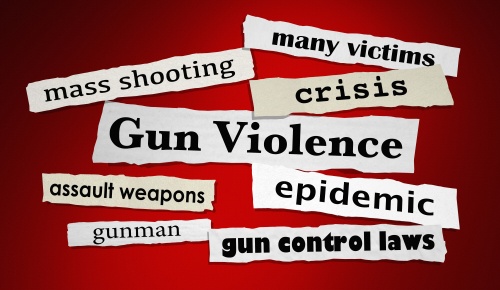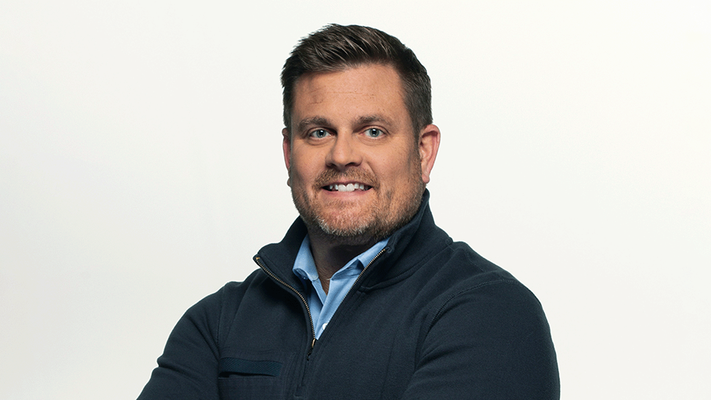
Along with our nation, we continue to grieve the latest mass shooting tragedy in Florida. With more than 30,000 deaths annually, gun violence undeniably represents a critical American public health issue. Efforts to fully mitigate this threat will require a multipronged approach. However, there is no rational, justifiable place for easy access to military weaponry in a civilized society. Assault weapons are designed solely to facilitate highly efficient and indiscriminate carnage. Restricting their access represents a logical and essential first step toward making our country safer from mass shootings.
Our profession is founded upon respect for the sanctity of human life, and we are deeply troubled by the unwillingness or inability of elected federal lawmakers to enact meaningful legislation that might help prevent future mass murders. We are encouraged that some states have bravely taken tangible steps toward eliminating access to assault weapons1,2. These actions should be rewarded, and states that have chosen the value of gun rights over human rights should not.
It is our firm belief that organizations of medical professions have a moral obligation to refrain from supporting the economies of states that fail to take meaningful steps to protect their citizens from assault weapons. Along with 890 U.S.A.-based health care providers in hematology and oncology3, we are hereby calling upon the American Society of Clinical Oncology, the American Society of Hematology, and all medical societies to make every effort to hold international, national, and regional conferences only in states that have taken the important first step of enacting legislation that effectively restricts access to weapons that facilitate mass carnage. Individual conferences can provide local economies with tens of millions of dollars in revenue. We therefore estimate that medical conferences annually contribute well in excess of $1 billion to local economies.
Historically, elected individuals have not always responded to reason, but they do have a long history of responding to money. It is time for medical societies to start applying financial pressure to motivate local and state leaders, at a minimum, to enact reasonable measures to eliminate access to assault weapons. While any such efforts are sadly too late for the 17 victims in Parkland, Florida, concerted action on the part of medical organizations to demonstrate leadership and effect meaningful change can begin to create a safer nation for us all.
Neil P. Shah, MD PhD, University of California, San Francisco
Ravi Bhatia, MD University of Alabama, Birmingham
Dan J. DeAngelo, MD PhD, Dana Farber Cancer Institute
Michael W. N. Deininger, MD PhD, University of Utah
B. Douglas Smith, MD, Johns Hopkins University
Jerald P. Radich, MD, University of Washington
REFERENCES:
- The Washington Post (washingtonpost.com)
- Giffords (giffords.org)
*The opinions expressed in this article are that of the authors.







 © 2025 Mashup Media, LLC, a Formedics Property. All Rights Reserved.
© 2025 Mashup Media, LLC, a Formedics Property. All Rights Reserved.